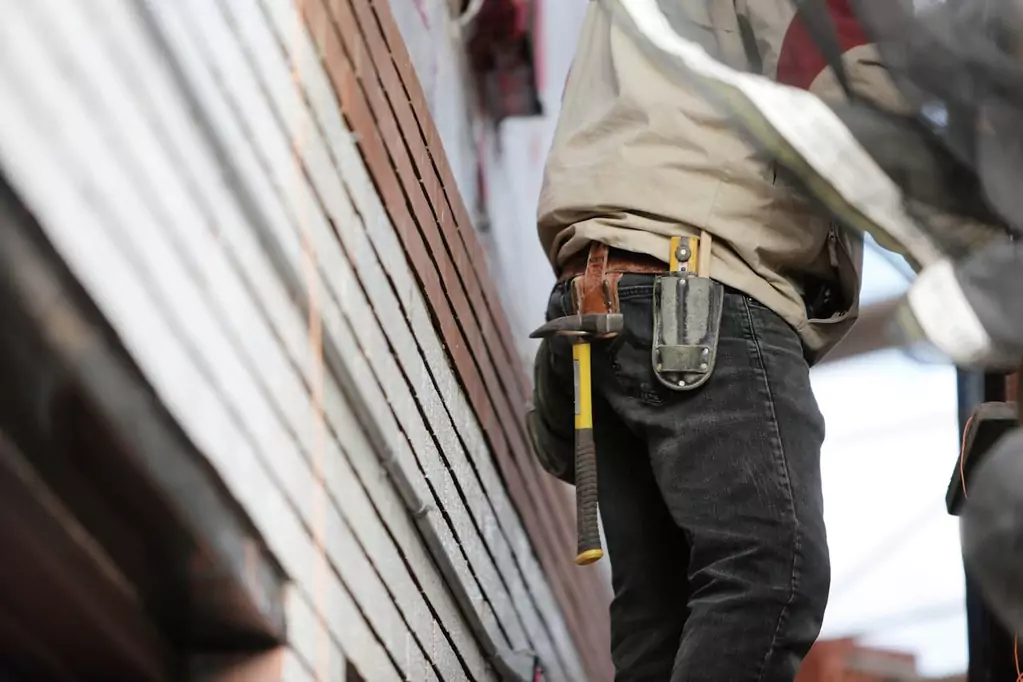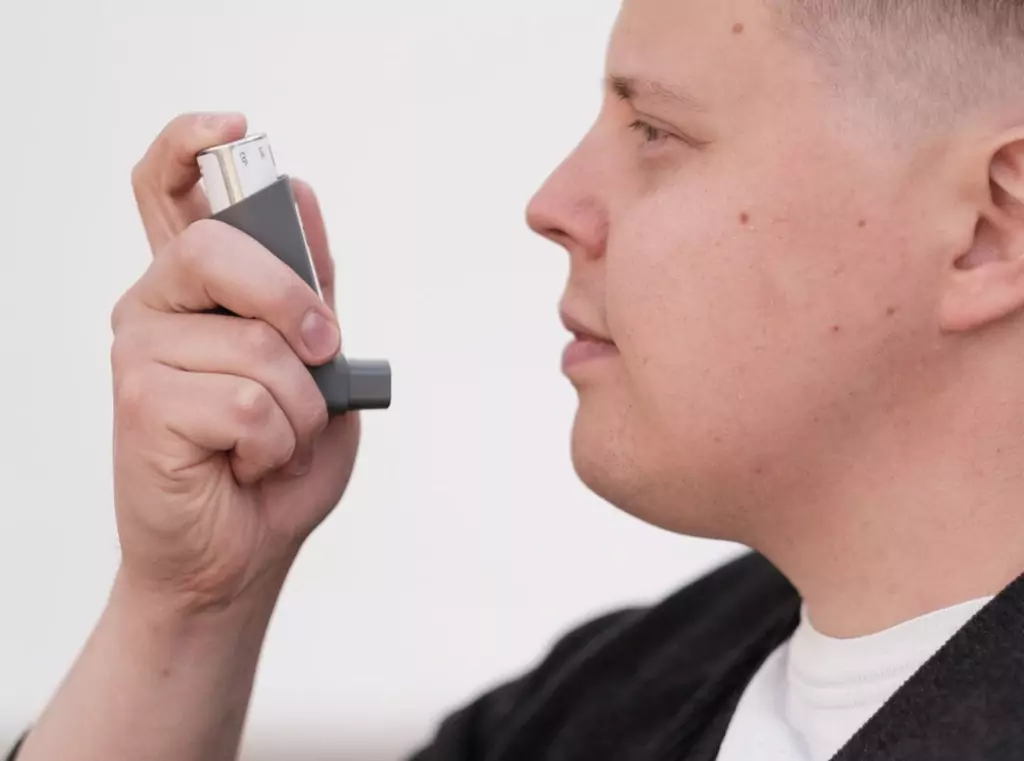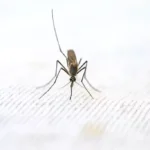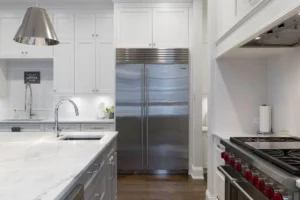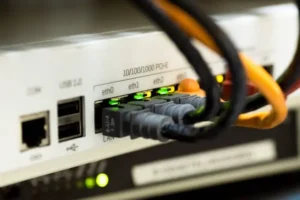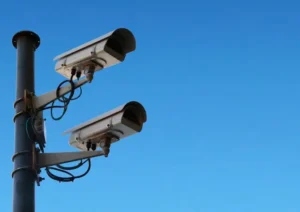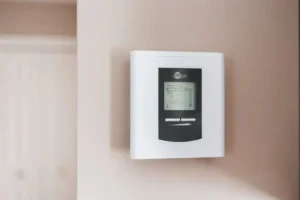Now Reading: Does an Air Conditioner Keep Mosquitoes Away at Home?
- 01
Does an Air Conditioner Keep Mosquitoes Away at Home?
- Home
- Home Appliances
- Does an Air Conditioner Keep Mosquitoes Away at Home?
Does an Air Conditioner Keep Mosquitoes Away at Home?
![]() Anne MaddisonHome Appliances, Climate ControlAugust 22, 2025125 Views
Anne MaddisonHome Appliances, Climate ControlAugust 22, 2025125 Views
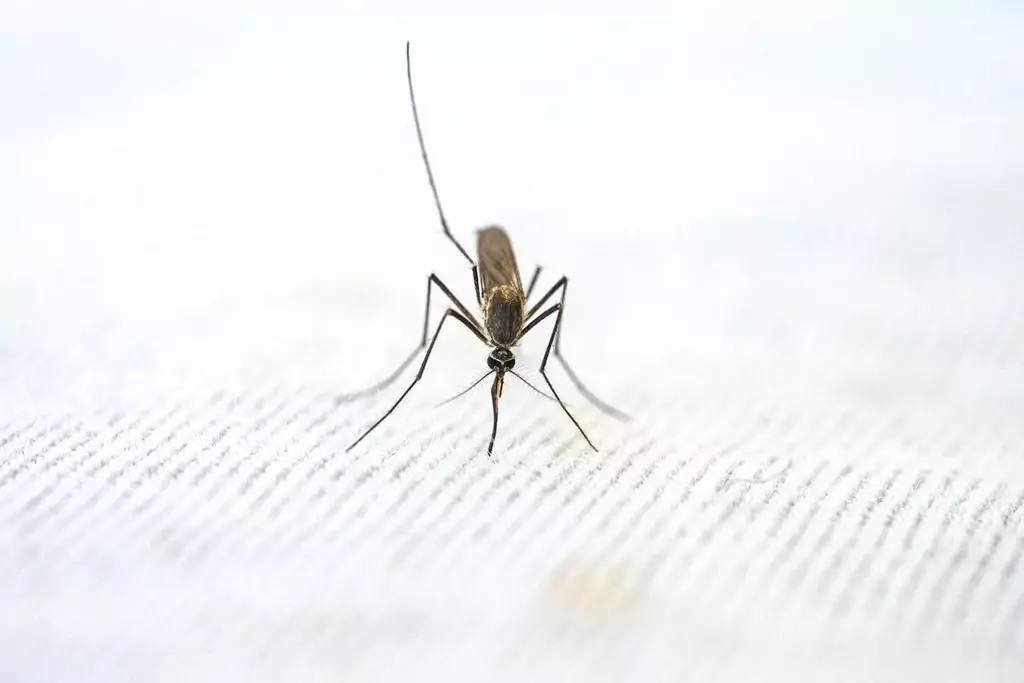
Summer nights can be miserable when mosquitoes buzz around your bedroom, leaving you with itchy bites and restless sleep. While you reach for bug sprays and citronella candles, you might wonder if your air conditioning system could be your secret weapon against these pesky insects.
The short answer is yes, but with important caveats. Air conditioning doesn’t directly kill mosquitoes, but it creates an environment that makes your home much less attractive to them. Understanding how your AC system affects mosquito behavior can help you use it more effectively as part of your pest control strategy.
In this comprehensive guide, we’ll explore exactly how air conditioning impacts mosquitoes, what temperature settings work best, and how to maximize your AC’s mosquito-deterring potential while keeping your energy bills reasonable.
How Air Conditioning Affects Mosquito Behavior and Biology
Mosquitoes are cold-blooded insects, which means their body temperature depends entirely on their environment. This biological fact is crucial to understanding why air conditioning can be so effective at deterring them.
Mosquitoes prefer to live in areas that are around 70°F-80°F, making warm, humid environments their ideal habitat. When you run your air conditioner, you’re fundamentally changing the conditions that mosquitoes find comfortable.
Research shows that mosquitoes are not as active when the cooling mode is on since they prefer temperatures of 80°F or above. This temperature preference isn’t just about comfort. At cooler temperatures, mosquitoes experience several physiological changes:
Reduced Metabolic Activity: As temperatures drop, mosquitoes become sluggish. At around 60°F, they become lethargic, significantly reducing their ability to fly, seek blood meals, and reproduce.
Slower Development: At 60°F, the mosquito life cycle slows way down. In fact, many species enter diapause, a type of hibernation, to survive the colder temperatures, at 50°F.
Decreased Flight Ability: Aedes aegypti is able to fly in a temperature range of 15°C to 32°C with an optimum at 21°C (69.8°F). When temperatures fall outside this range, their flying ability becomes compromised.
The cooling effect also impacts mosquito breeding patterns. Female mosquitoes require specific temperature conditions to develop their eggs after a blood meal. Cooler indoor temperatures disrupt this reproductive cycle, making your air-conditioned home unsuitable for mosquito reproduction.
The Science Behind Temperature and Humidity Control
Your air conditioning system doesn’t just cool the air; it also removes moisture, creating a double barrier against mosquitoes. Understanding this dual action helps explain why AC systems are so effective at mosquito control.
Humidity Reduction: Most air conditioners will keep the humidity of the home below 60%. The dry environment does not attract mosquitoes. This is significant because mosquitoes need high humidity for several reasons:
- Egg Development: Female mosquitoes require humid conditions to properly develop their eggs
- Water Detection: Mosquitoes use humidity sensors to locate water sources for breeding
- Survival: Low humidity can lead to dehydration in mosquitoes
The evaporator coil of a central air conditioner extracts water vapor from the air to make the cooling process more efficient. In most air conditioned homes, indoor humidity remains around 60% or less.
Temperature Thresholds: Scientific research has identified specific temperature ranges where mosquitoes become less active. Mean monthly temperatures of > 19°C (66.2°F) and humidity not exceeding 62% are optimal environmental conditions for mosquito-related biological processes.
Air Circulation Effects: Running air conditioning units can create air circulation that makes it difficult for mosquitoes to fly and land on surfaces. The constant air movement from AC systems disrupts mosquitoes’ flight patterns, making it harder for them to navigate and locate targets.
The combination of cool temperatures, low humidity, and increased air circulation creates what pest control experts call a “hostile environment” for mosquitoes without using any chemicals or harmful substances.
Optimal AC Settings for Maximum Mosquito Deterrence
Setting your air conditioner correctly can significantly enhance its mosquito-repelling effects. Here’s what research and pest control experts recommend:
Temperature Settings: For maximum mosquito deterrence, aim to keep your indoor temperature between 65°F-70°F (18°C-21°C). This range is cool enough to discourage mosquito activity while remaining comfortable for most people. At around 60 degrees, they become lethargic, but setting your AC this low would be both uncomfortable and expensive.
Humidity Control: Target humidity levels below 50% if possible, though most central air conditioners keep indoor humidity below 60% by extracting water vapor from the air. If your area is particularly humid, consider using a dehumidifier in conjunction with your AC system.
Fan Speed Settings: Use higher fan speeds when possible. The increased air circulation makes it more difficult for mosquitoes to fly and helps distribute cool, dry air more evenly throughout your home.
Continuous Operation vs Cycling: While it’s tempting to turn off your AC to save energy, consistent operation maintains the temperature and humidity levels that deter mosquitoes. If energy costs are a concern, consider using a programmable thermostat to maintain optimal conditions during peak mosquito activity hours (typically dawn and dusk).
Zone Control: If you have a zoned HVAC system, prioritize cooling bedrooms and living areas where people spend the most time, especially during evening hours when mosquitoes are most active.
Remember that these settings need to be balanced with energy efficiency and personal comfort. Even slightly warmer temperatures (72°F-75°F) will still provide significant mosquito deterrence compared to no air conditioning at all.
Wondering how AC “Fan Mode” stacks up against the normal fan? Dive into our blog to uncover the key differences.
Additional Benefits and Limitations of Using AC for Pest Control
While air conditioning is highly effective at deterring mosquitoes, understanding both its benefits and limitations helps you develop a comprehensive pest control strategy.
Additional Benefits Beyond Mosquito Control:
Air conditioning affects more than just mosquitoes. Many other flying insects, including flies, gnats, and some beetles, also prefer warm, humid conditions. Your AC system can help control these pests as well.
Air conditioning filters can help trap mosquitoes and prevent them from entering indoor spaces. Regular filter maintenance ensures this benefit continues while also improving your home’s air quality.
The controlled environment also reduces the presence of mold and mildew, which can attract various insects and create health problems for residents.
Important Limitations to Consider:
Air conditioning won’t eliminate mosquitoes that are already inside your home when you turn on the system. These existing mosquitoes may become less active but won’t immediately leave or die.
Entry Points Remain: AC systems don’t seal your home. Mosquitoes can still enter through open doors, windows, and cracks. The key is creating an environment they want to leave quickly rather than preventing all entry.
Species Variation: Different mosquito species have varying temperature tolerances. While most common household mosquitoes are deterred by cooler temperatures, some species are more cold-tolerant than others.
Energy Costs: Running your AC consistently at lower temperatures increases energy consumption. You’ll need to balance mosquito control with utility costs.
Outdoor Activity: Air conditioning only protects you while you’re indoors. You’ll still need other mosquito control methods for outdoor activities.
Temporary Effectiveness: If you turn off your AC system, mosquitoes may quickly return as temperature and humidity levels rise back to their preferred ranges.
The most effective approach combines air conditioning with other mosquito control methods like eliminating standing water, using screens on windows and doors, and applying personal repellents when spending time outdoors.
Expert Tips for Maximizing Your AC’s Mosquito-Fighting Power
Professional pest control experts and HVAC technicians recommend several strategies to enhance your air conditioning system’s effectiveness against mosquitoes:
Maintenance is Critical: Clean or replace your AC filters regularly. Air conditioning filters can help trap mosquitoes and prevent them from entering indoor spaces, but clogged filters reduce both air flow and filtration effectiveness.
Seal Air Leaks: Ensure your home is properly sealed around windows, doors, and where utility lines enter. Cool air escaping and warm air entering reduces your AC’s effectiveness and creates temperature gradients that mosquitoes might exploit.
Strategic Timing: Run your AC system most aggressively during peak mosquito activity times. Early morning and evening hours are when mosquitoes are most likely to be seeking blood meals and mates.
Combine with Ceiling Fans: Using ceiling fans along with your AC creates additional air circulation that makes it even more difficult for mosquitoes to fly and navigate. The wind chill effect also makes lower temperatures feel cooler to humans, allowing you to set your thermostat slightly higher while maintaining comfort.
Address Moisture Problems: Fix any plumbing leaks, improve ventilation in bathrooms and basements, and ensure your HVAC system’s drainage is working properly. Excess moisture anywhere in your home can attract mosquitoes despite your AC efforts.
Consider Air Purifiers: High-efficiency particulate air (HEPA) filters in portable air purifiers can supplement your HVAC system’s filtration, potentially catching more flying insects.
Monitor Humidity Levels: Use a hygrometer to track indoor humidity. If levels consistently exceed 60% despite running your AC, you may need professional HVAC service or a supplemental dehumidifier.
Smart Thermostats: Programmable and smart thermostats can automatically adjust temperature and humidity settings based on outdoor conditions and mosquito activity patterns in your area.
These strategies work together to create a comprehensive approach that maximizes your air conditioning system’s natural mosquito-deterring properties while maintaining energy efficiency and home comfort.
Staying comfortable indoors on rainy days isn’t always simple. Learn which AC mode works best when it rains in our guide.
Final Thoughts
Air conditioning can indeed keep mosquitoes away from your home by creating an environment that’s inhospitable to these warm-weather pests. Air conditioning can make your home less hospitable to mosquitoes by reducing the humidity and temperature inside. Mosquitoes are less active in cooler, dryer environments.
The key takeaways for using your AC system for mosquito control include maintaining indoor temperatures below 70°F when possible, keeping humidity levels under 60%, ensuring proper air circulation, and combining these efforts with other pest control methods like eliminating standing water and sealing entry points.
While air conditioning won’t eliminate every mosquito problem, it’s one of the most effective, chemical-free methods available for making your home less attractive to these biting insects. The investment in slightly higher energy costs often pays off in increased comfort, better sleep, and reduced reliance on chemical repellents.
Ready to turn your air conditioner into a mosquito-fighting machine? Start by checking your current temperature and humidity settings, schedule that overdue filter change, and consider consulting with an HVAC professional about optimizing your system for both comfort and pest control. Your summer nights just got a lot more peaceful.
Related Posts
Previous Post
Next Post
Home SecurityJuly 30, 2025
Signs Your Home Router Might Be Hacked
Home AppliancesAugust 24, 2025
Are Home Air Conditioner Tune Ups Necessary
Home AppliancesAugust 23, 2025
Can Air Conditioning at Home Trigger Asthma?
- 04
Home InternetJuly 30, 2025
Signs Your Home Router Might Be Hacked


